Serbian parliament passes 2014 budget law
The Serbian parliament has enacted the 2014 budget law, which sets the budget deficit at RSD 182.5 billion or 4.6 percent of planned GDP.
Monday, 16.12.2013.
09:40

BELGRADE The Serbian parliament has enacted the 2014 budget law, which sets the budget deficit at RSD 182.5 billion or 4.6 percent of planned GDP. On Friday evening, 134 members of the ruling coalition, the parliamentary club comprising the Serbian Renewal Movement, Christian Democratic Party of Serbia and independent MPs Vuk Jeremic and Dragana Djukovic voted in favor of the budget bill. Serbian parliament passes 2014 budget law On the other hand, 40 opposition MPs were against the bill, while Vladimir Cvijan, a senior official of the Serb Progressive Party (SNS) who announced that he would not back the budget earlier in the day, was not present when the voting took place. The budget was adopted within the legal time-frame, and envisages revenues of RSD 930 billion, reflecting a nominal growth of 6.5 percent in comparison to the 2013 budget review, and expenditures of RSD 1,113 billion, which constitutes an increase of 5.8 percent. In 2014, Serbia will achieve a slim economic growth of one percent, primarily due to insufficient expansion of investments and a real drop in the consumer and government spending, according to the projection of the budget. The collection of VAT is expected to bring about the greatest revenues of RSD 430 billion, or 46 percent of total revenues, while when it comes to expenditures, funds earmarked for organizations of mandatory social insurance, primary the Pension and Disability Insurance (PIO) Fund, will amount to RSD 280 billion, or 25 percent of overall expenditures. The capital expenditures will total RSD 52 billion , which is a considerable rise when compared to 2013, some of the most significant projects being the irrigation in agriculture, refurbishment of clinical centers, research and development in the field of science. Funds allocated to employees will amount to RSD 272 billion, or 24 percent of total expenditures, which is a nominal increase of 3.2 percent on 2013, while expenditures for goods and services will amount to RSD 96 billion. Interest payments will total RSD 114 billion, or RSD 20 billion more than in 2013, and subsidies will drop by RSD 3 billion and amount to RSD 81 billion. The budget envisages funds for culture and the media of RSD 16.1 billion or more than two times bigger sum than in 2013. Presenting the budget proposal to MPs, Serbian Prime Minister Ivica Dacic said that the budget is based on the objectives that the government proclaimed and the principle of responsibility in running the economy. Finance Minister Lazar Krstic underscored that the 2014 budget bill was "neither ideal, nor the best, but realistic and the only possible given the circumstances." United Regions of Serbia leader and former finance and economy minister, Mladjan Dinkic, predicted that the 2014 draft budget was likely to be "short lived", explaining that it contained three major failings and would require a revision. Dinkic explained that the budget did not envisage the early repayment of costly loans, i.e. Serbia's liberation from debt, meaning "that the budget deficit problem is not going to be solved in 2015, let alone in 2014, which is why citizens will have to once more tighten their belts". Speaking on the budget's other omissions, Dinkic mentioned "the absurdity of spending in 2014." Another problem, he said, is that the state intends to pay the Chinese a ten percent advance on its share of the Corridor 11 project, even though the highway will be finished in three or four years. (Tanjug, file) Beta Tanjug
Serbian parliament passes 2014 budget law
On the other hand, 40 opposition MPs were against the bill, while Vladimir Cvijan, a senior official of the Serb Progressive Party (SNS) who announced that he would not back the budget earlier in the day, was not present when the voting took place.The budget was adopted within the legal time-frame, and envisages revenues of RSD 930 billion, reflecting a nominal growth of 6.5 percent in comparison to the 2013 budget review, and expenditures of RSD 1,113 billion, which constitutes an increase of 5.8 percent.
In 2014, Serbia will achieve a slim economic growth of one percent, primarily due to insufficient expansion of investments and a real drop in the consumer and government spending, according to the projection of the budget.
The collection of VAT is expected to bring about the greatest revenues of RSD 430 billion, or 46 percent of total revenues, while when it comes to expenditures, funds earmarked for organizations of mandatory social insurance, primary the Pension and Disability Insurance (PIO) Fund, will amount to RSD 280 billion, or 25 percent of overall expenditures.
The capital expenditures will total RSD 52 billion , which is a considerable rise when compared to 2013, some of the most significant projects being the irrigation in agriculture, refurbishment of clinical centers, research and development in the field of science.
Funds allocated to employees will amount to RSD 272 billion, or 24 percent of total expenditures, which is a nominal increase of 3.2 percent on 2013, while expenditures for goods and services will amount to RSD 96 billion.
Interest payments will total RSD 114 billion, or RSD 20 billion more than in 2013, and subsidies will drop by RSD 3 billion and amount to RSD 81 billion.
The budget envisages funds for culture and the media of RSD 16.1 billion or more than two times bigger sum than in 2013.
Presenting the budget proposal to MPs, Serbian Prime Minister Ivica Dačić said that the budget is based on the objectives that the government proclaimed and the principle of responsibility in running the economy.
Finance Minister Lazar Krstić underscored that the 2014 budget bill was "neither ideal, nor the best, but realistic and the only possible given the circumstances."
United Regions of Serbia leader and former finance and economy minister, Mlađan Dinkić, predicted that the 2014 draft budget was likely to be "short lived", explaining that it contained three major failings and would require a revision.
Dinkić explained that the budget did not envisage the early repayment of costly loans, i.e. Serbia's liberation from debt, meaning "that the budget deficit problem is not going to be solved in 2015, let alone in 2014, which is why citizens will have to once more tighten their belts".
Speaking on the budget's other omissions, Dinkić mentioned "the absurdity of spending in 2014." Another problem, he said, is that the state intends to pay the Chinese a ten percent advance on its share of the Corridor 11 project, even though the highway will be finished in three or four years.











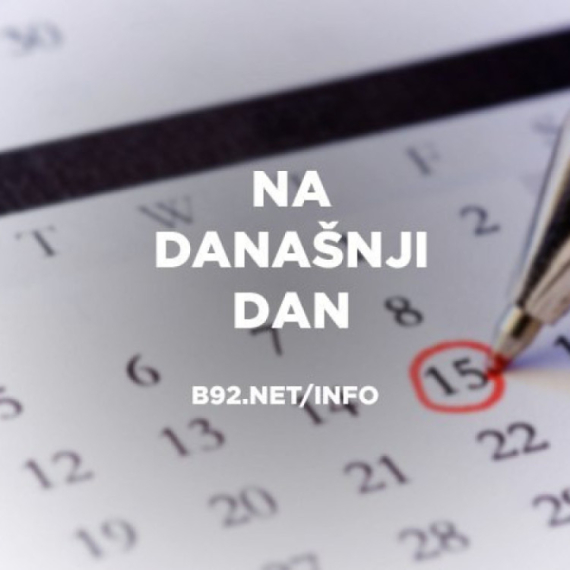


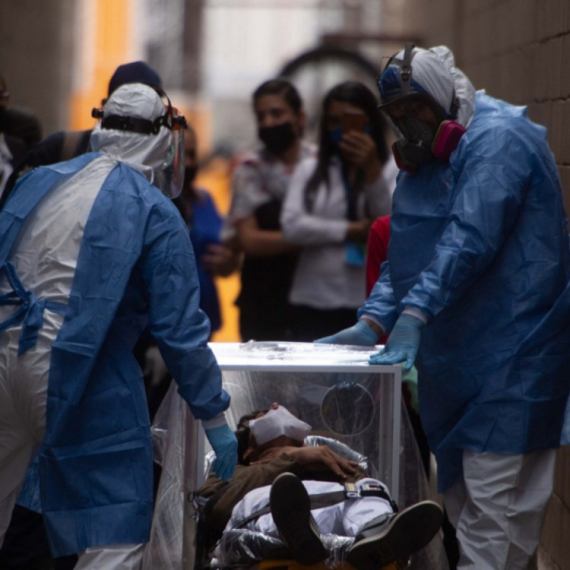
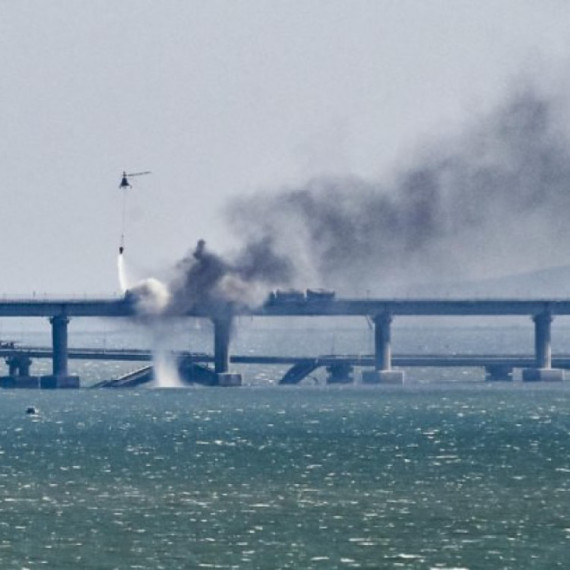































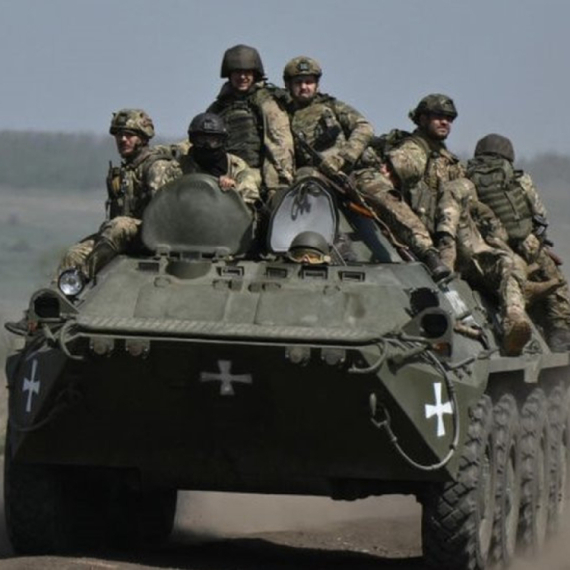
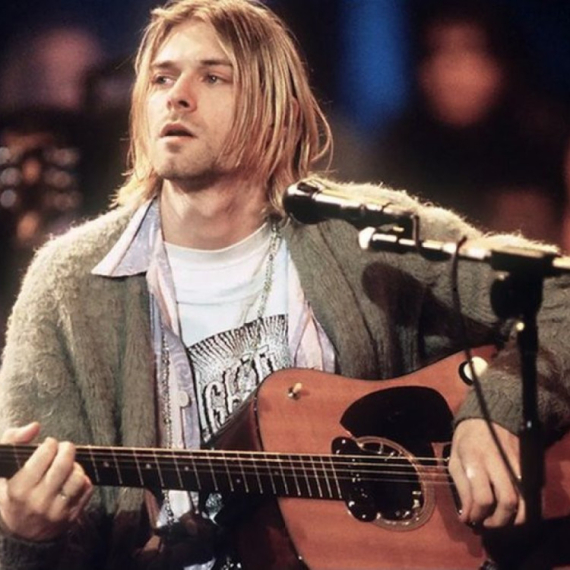




Komentari 2
Pogledaj komentare